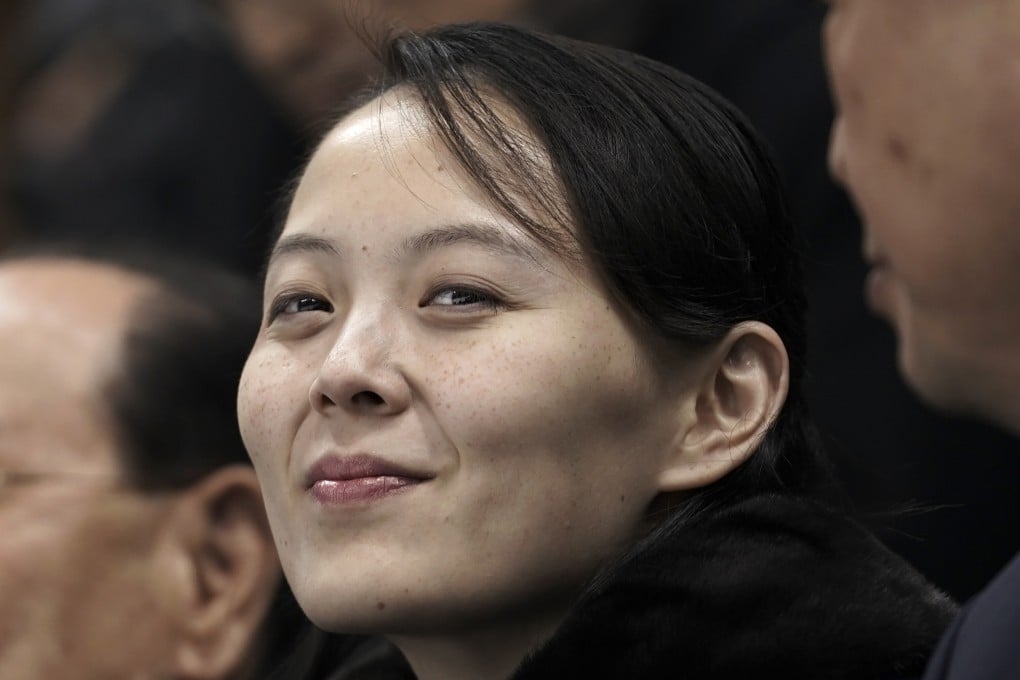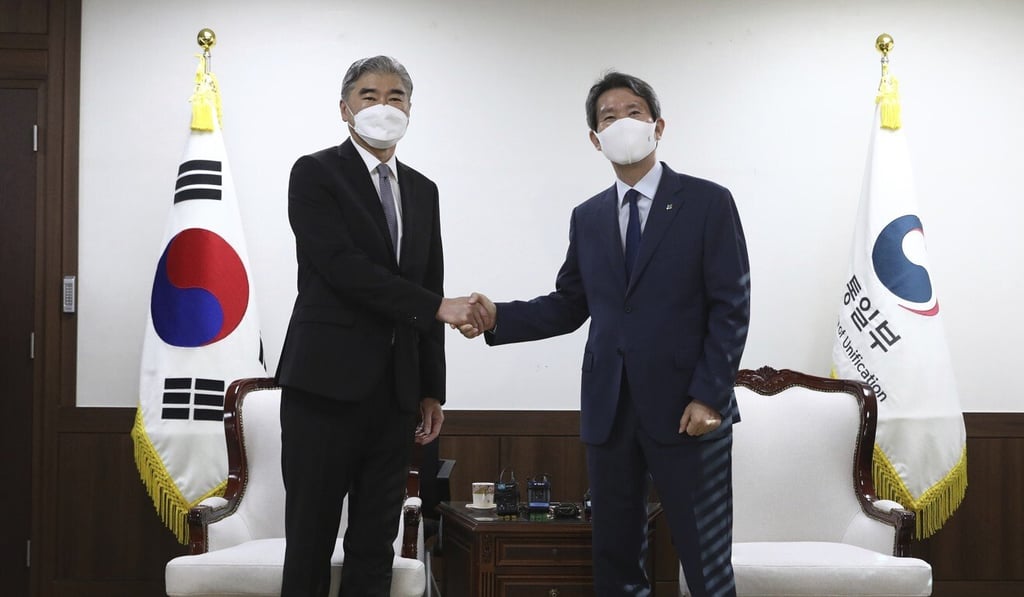Advertisement
US set for ‘disappointment’ as it seeks North Korea talks’ restart, Kim Jong-un’s sister says
- Kim Yo-jong made the remarks in response to the US national security adviser’s recent comment that ‘interesting signals’ were coming from Pyongyang
- Observers said her statement implied that Washington needed to come up with ‘more concrete and palatable offers’ before North Korea will return to dialogue
Reading Time:2 minutes
Why you can trust SCMP
0

Kim Jong-un’s powerful sister has dismissed prospects of North Korea returning to dialogue without preconditions, saying that US expectations for the early resumption of talks would “plunge them into a greater disappointment”.
Kim Yo-jong made the comments on Tuesday, after US National Security Adviser Jake Sullivan had described her brother’s recent statement that North Korea will be ready for both dialogue and confrontation – but more for confrontation – as “interesting signals”.
“A Korean proverb says that ‘In a dream, what counts most is to read it, not to have it.’ It seems that the US may interpret the situation in such a way as to seek a comfort for itself,” she said, according to Pyongyang’s Korean Central News Agency. “The expectation, which they chose to harbour the wrong way, would plunge them into a greater disappointment.”

Her statement came as the top US envoy on North Korea affairs, Sung Kim, is visiting South Korea. Sung Kim said on Monday he hoped to see a positive reaction from the North soon on US offers for talks, adding Washington had offered to meet “anywhere, anytime without preconditions”.
Professor Kim Yong-hyun, of South Korea’s Dongguk University, said Kim Yo-jong’s statement implied Washington should offer to appease Pyongyang, as the North is still bitter about the collapse of talks with the former Trump administration.
“What she is saying through this statement is this: we want the US to open the bundle first and show us what it can give us as gifts,” he said. “The North thinks the ball is now in the US court while the US thinks it’s the other way around.”
Advertisement